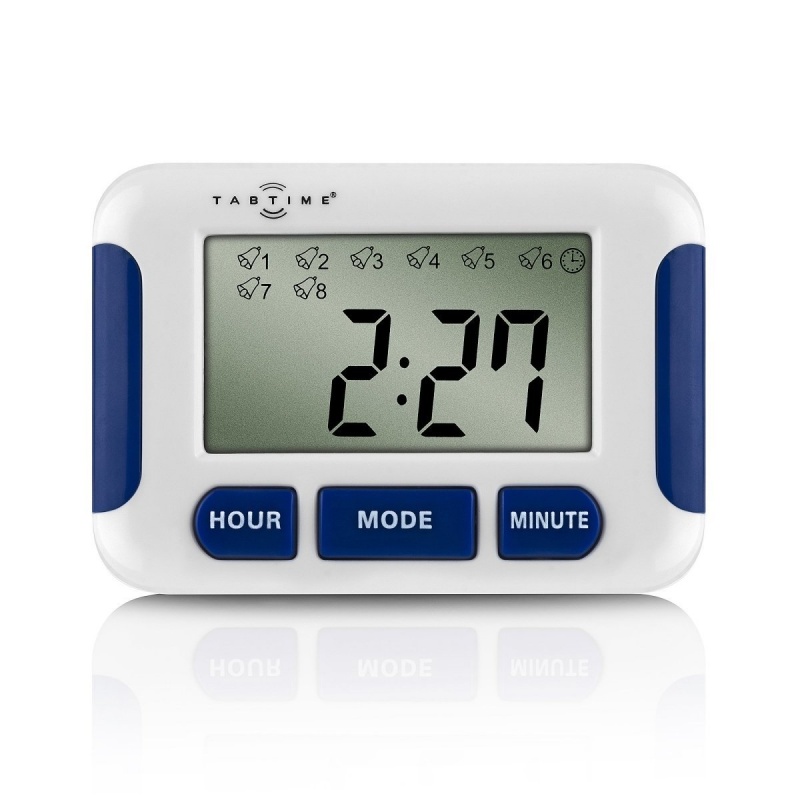

You should have regular breast examinations by a healthcare professional and examine your own breasts monthly. After you stop using hormonal contraceptives, the chances of having breast cancer diagnosed begin to go back down. Oral contraceptive use may slightly increase your chance of having breast cancer diagnosed, particularly after using hormonal contraceptives at a younger age. Various studies give conflicting reports on the relationship between breast cancer and oral contraceptive use. Cancer of the Reproductive Organs and Breasts In the age group 35 to 44, the risk is estimated to be about 1 in 2,500 per year for oral contraceptive users and about 1 in 10,000 per year for nonusers.ĥ. For oral contraceptive users in general, it has been estimated that in women between the ages of 15 and 34 the risk of death due to a circulatory disorder is about 1 in 12,000 per year, whereas for nonusers the rate is about 1 in 50,000 per year. Among nonusers in the same age group, about 1 in 20,000 would be hospitalized each year.

For women aged 20 to 44 it is estimated that about 1 in 2,000 using oral contraceptives will be hospitalized each year because of abnormal clotting. The risk of abnormal blood clotting increases with age in both users and nonusers of oral contraceptives, but the increased risk from the oral contraceptive appears to be present at all ages. In addition, some of these increased risks may continue for a number of years after stopping oral contraceptives. The risk of circulatory disease in oral contraceptive users may be higher in users of high- dose pills and may be greater with longer duration of oral contraceptive use. (See also the section on Breast Feeding in General Precautions.) If you are breast feeding, you should wait until you have weaned your child before using the pill. It is advisable to wait for at least four weeks after delivery if you are not breast feeding. You should also not take oral contraceptives soon after delivery of a baby. You should consult your healthcare professional about stopping oral contraceptives four weeks before surgery and not taking oral contraceptives for two weeks after surgery or during bed rest. If you take oral contraceptives and need elective surgery, need to stay in bed for a prolonged illness or injury or have recently delivered a baby, you may be at risk of developing blood clots. Rarely, clots occur in the blood vessels of the eye and may cause blindness, double vision, or impaired vision. In particular, a clot in the legs can cause thrombophlebitis and a clot that travels to the lungs can cause a sudden blocking of the vessel carrying blood to the lungs. Your healthcare professional can recommend a safer method of birth control.īlood clots and blockage of blood vessels are one of the most serious side effects of taking oral contraceptives and can cause death or serious disability. Tell your healthcare professional if you have had any of these conditions. Hypersensitivity to any component of this product.

ANYTIME PILL REMINDER SKIN
Yellowing of the whites of the eyes or of the skin (jaundice) during pregnancy or during previous use of the pill.Unexplained vaginal bleeding (until a diagnosis is reached by your healthcare professional).Known or suspected breast cancer or cancer of the lining of the uterus, cervix or vagina.A history of blood clots in the deep veins of your legs.Blood clots in the legs (thrombophlebitis), lungs (pulmonary embolism), or eyes.For example, you should not take the pill if you have any of the following conditions: In comparison, typical failure rates for other non-surgical methods of birth control during the first year of use are as follows: Implant: <1% The chance of becoming pregnant increases with each missed pill during a menstrual cycle. Typical failure rates, including women who do not always take the pill correctly, are approximately 5% per year (5 pregnancies per 100 women per year of use). When they are taken correctly without missing any pills, the chance of becoming pregnant is approximately 1% per year (1 pregnancy per 100 women per year of use). Oral contraceptives or "birth control pills" or "the pill" are used to prevent pregnancy and are more effective than most other non-surgical methods of birth control. EFFECTIVENESS OF ORAL CONTRACEPTIVES FOR CONTRACEPTION


 0 kommentar(er)
0 kommentar(er)
